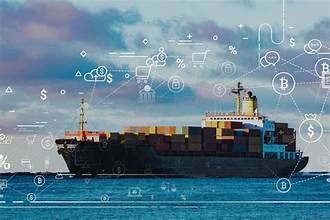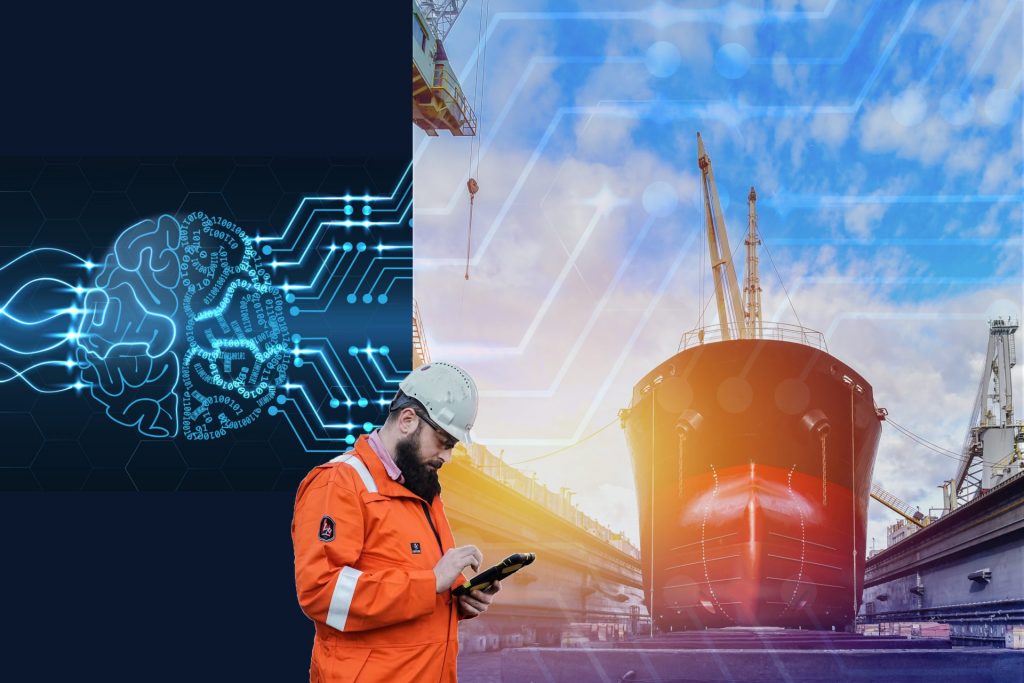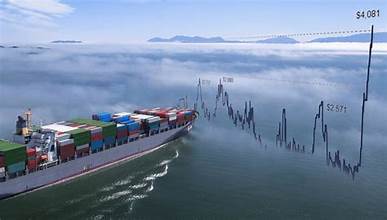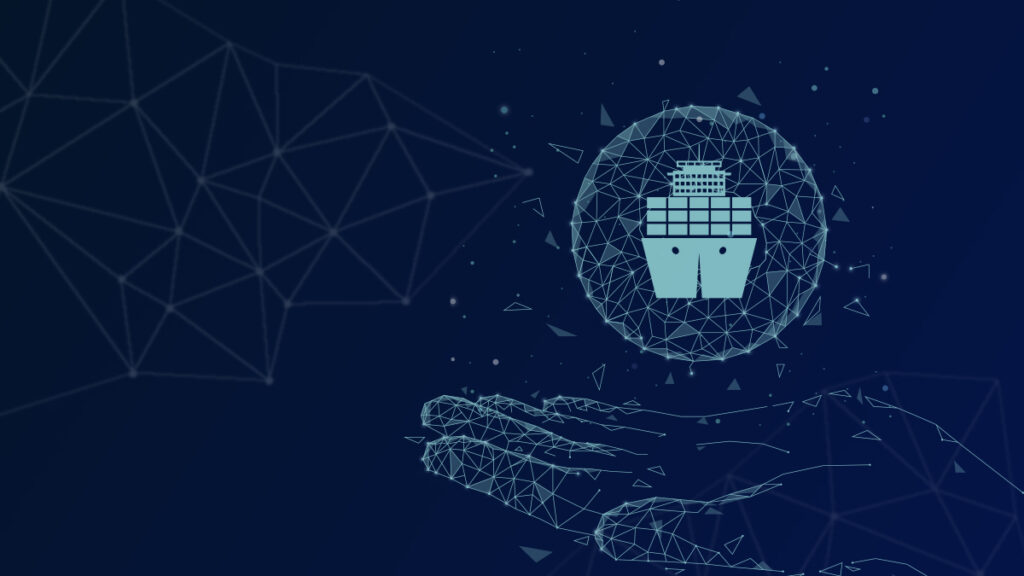The Impact of Automation and AI on Shipping Jobs
The shipping industry, a cornerstone of global trade, is undergoing a seismic shift with the advent of automation and artificial intelligence (AI). As these technologies become increasingly sophisticated, they are transforming every aspect of the industry, from operational efficiency to job dynamics. In this blog post, we’ll delve into the profound impact of automation and AI on shipping jobs, exploring the opportunities and challenges they present.

Revolutionizing Operations with Automation and AI
Automation and AI are revolutionizing the shipping industry by streamlining operations and enhancing productivity. Here are some key areas where these technologies are making a significant impact:
- Autonomous Ships: The development of autonomous ships, capable of navigating and operating with minimal human intervention, is one of the most groundbreaking advancements. These vessels are equipped with sophisticated AI systems that can make real-time decisions, reducing the risk of human error and improving safety.
- Predictive Maintenance: AI-driven predictive maintenance systems are transforming how shipping companies manage their fleets. By analyzing data from sensors on ships, these systems can predict potential equipment failures before they occur, minimizing downtime and reducing maintenance costs.
- Optimized Route Planning: AI algorithms can analyze vast amounts of data, including weather conditions, sea traffic, and fuel consumption, to determine the most efficient routes for ships. This optimization not only saves time and fuel but also reduces the industry’s environmental footprint.
- Cargo Management: Automation and AI are enhancing cargo management by improving the accuracy of cargo tracking and inventory management. Automated systems can handle loading and unloading more efficiently, reducing the time ships spend in port and increasing overall productivity.

Job Displacement and Transformation
While the benefits of automation and AI are clear, their implementation also brings significant changes to the workforce in the shipping industry. Here are some of the key impacts on shipping jobs:
- Job Displacement: As automated systems and AI technologies take over repetitive and labor-intensive tasks, some traditional roles may become redundant. Positions such as manual cargo handlers, dock workers, and certain administrative roles are at risk of being displaced by machines and intelligent systems.
- New Job Opportunities: The rise of automation and AI is also creating new job opportunities. There is an increasing demand for skilled professionals who can develop, manage, and maintain these advanced technologies. Jobs in AI development, cybersecurity, data analysis, and system engineering are on the rise, offering new career paths for those willing to adapt.
- Skill Evolution: The nature of jobs in the shipping industry is evolving. Workers will need to acquire new skills to stay relevant in an increasingly automated environment. Training and education programs focused on technology, data analysis, and AI are becoming essential for the workforce.
- Enhanced Safety and Job Satisfaction: Automation and AI can enhance safety by taking over hazardous tasks, reducing the risk of accidents and injuries. This shift allows human workers to focus on more complex and fulfilling roles, potentially increasing job satisfaction and overall well-being.

Embracing the Future
The impact of automation and AI on shipping jobs is undeniable. While these technologies bring about significant changes, they also offer immense potential for growth and improvement. To thrive in this new era, shipping companies and workers must embrace the opportunities presented by automation and AI, invest in education and training, and adapt to the evolving landscape of the industry.
By staying ahead of the curve and leveraging the benefits of automation and AI, the shipping industry can navigate the challenges of the future, ensuring continued success and prosperity.

For more insights and updates on the shipping industry, visit GIIL. Admissions are now open for AY 2024-2025! Join us to be part of the future of logistics and shipping.

